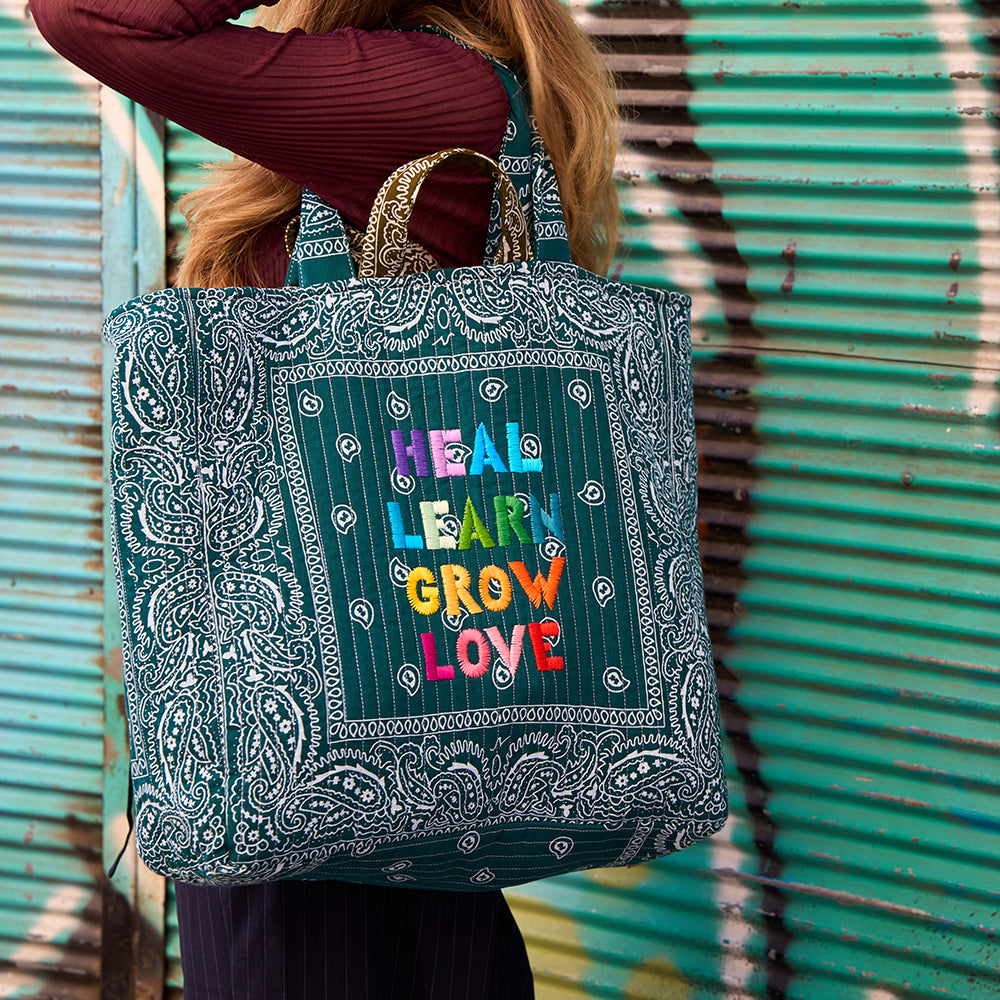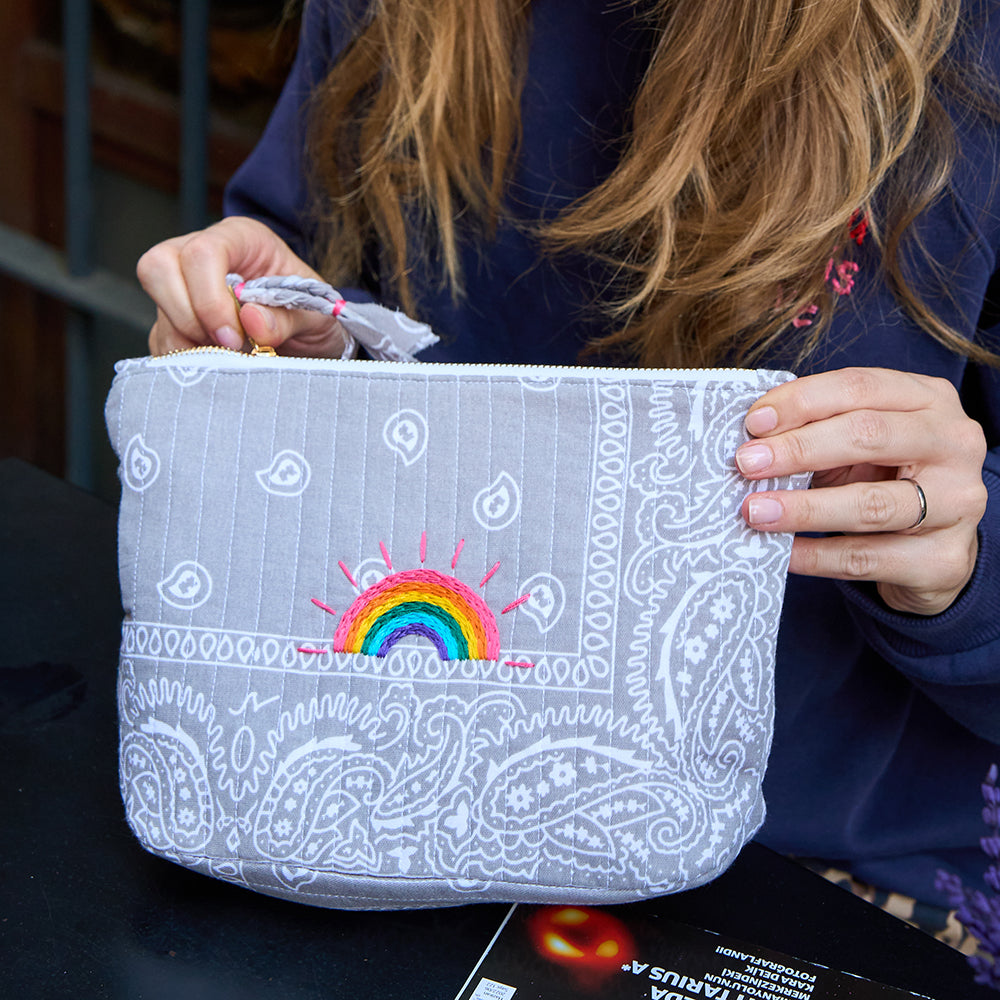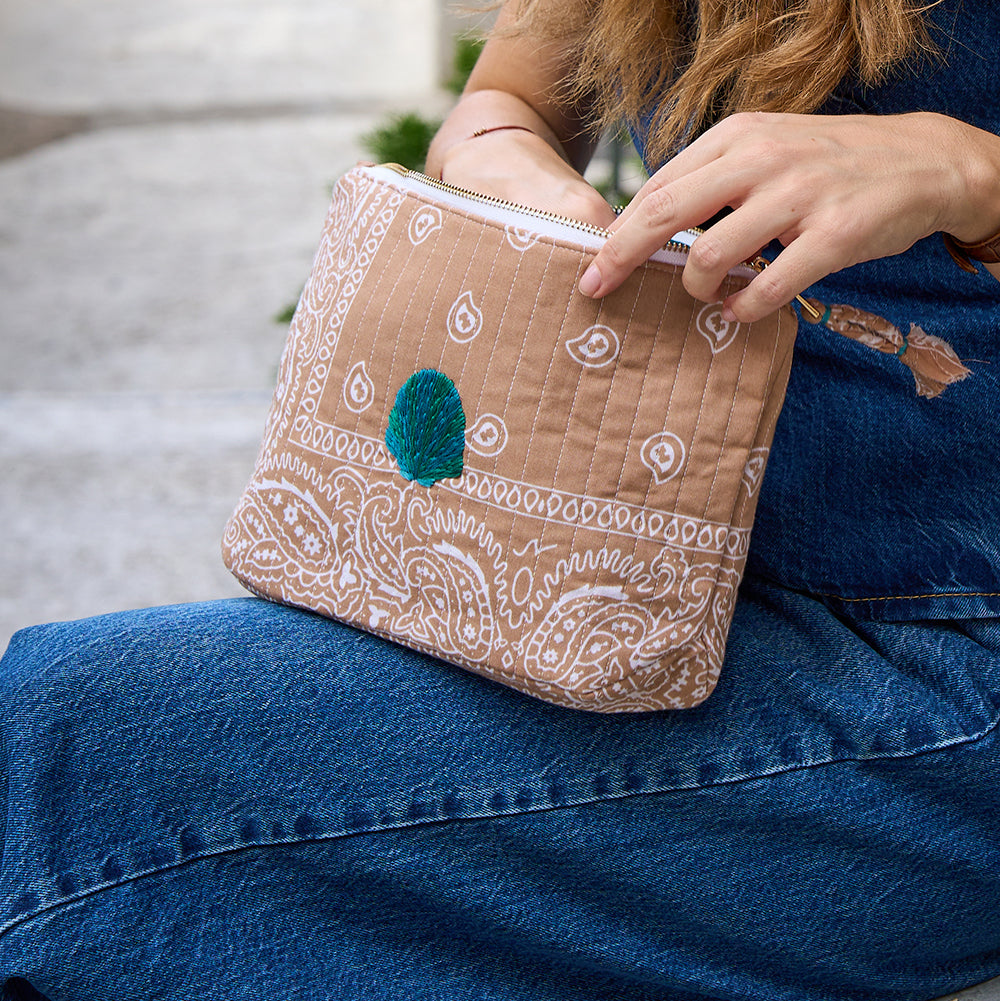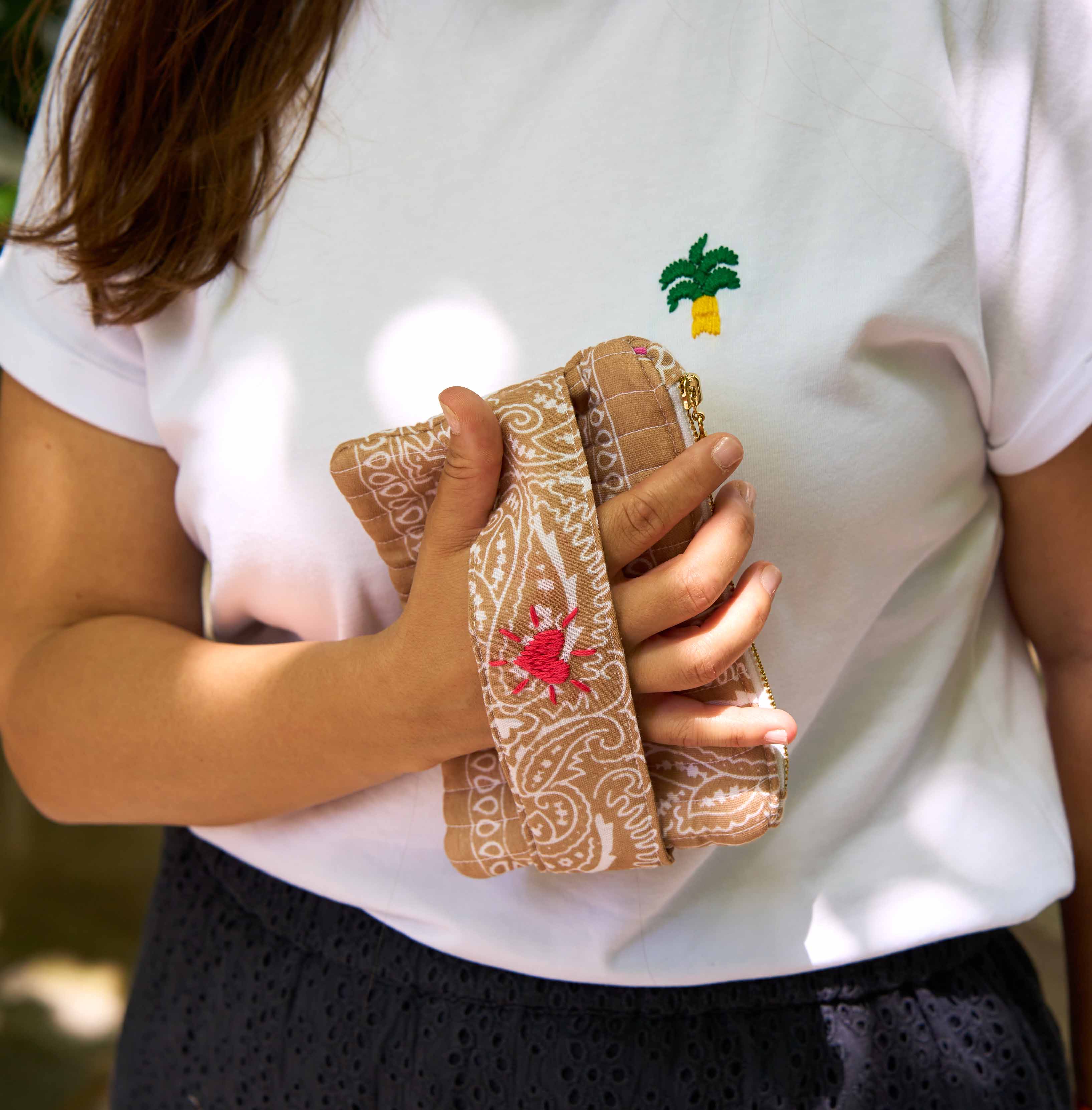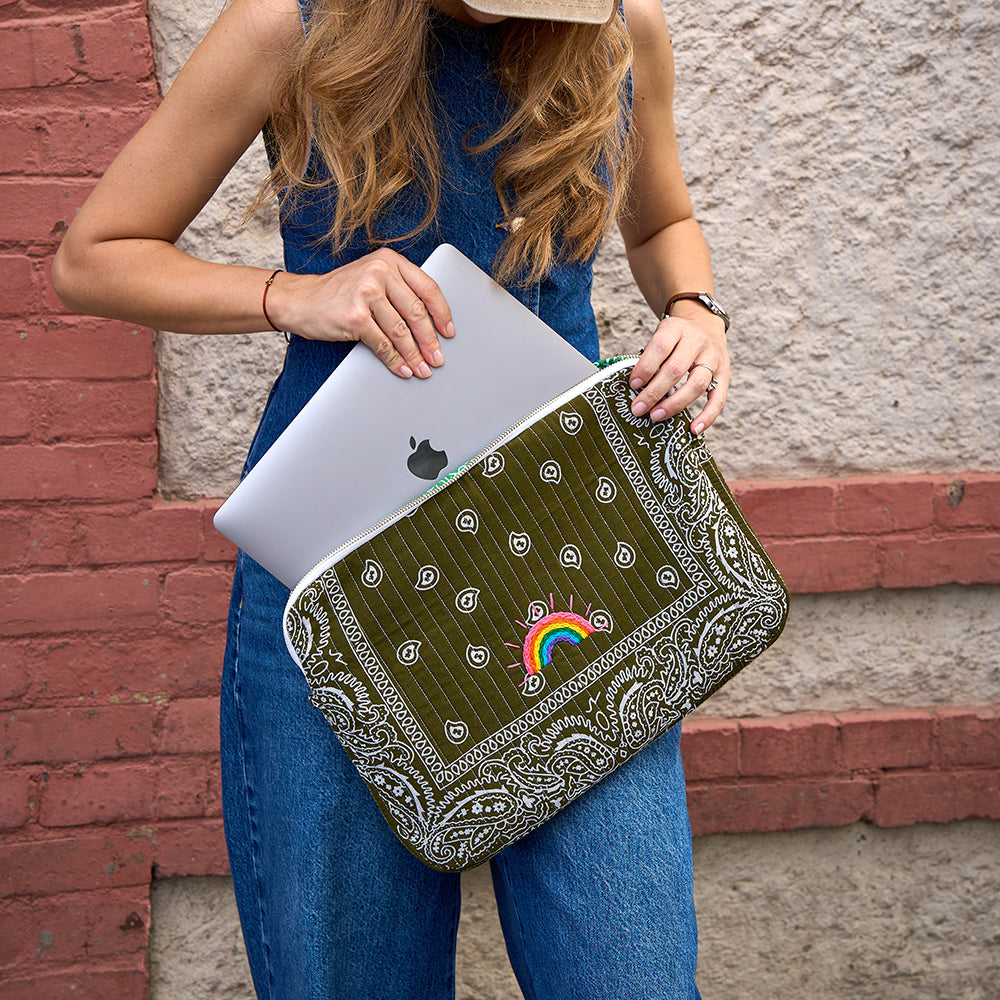Hello, today we will talk about the wonderful atmosphere, history and delicious food of Brussels.
Brussels is the capital of Belgium and is considered the de facto capital of the European Union. An international city, Brussels stands out with its diversity and dynamism, where different cultures come together. With its historical buildings, magnificent architecture, famous chocolates and beers, Brussels offers its visitors a unique experience. It is known worldwide for its iconic landmarks such as the Atomium, the Manneken Pis statue and the Grand Place (Grote Markt). With a rich variety in art, culture and gastronomy, Brussels welcomes countless tourists from all over the world every year.
How to Get to Brussels?
Brussels is a city that is easily accessible from around the world and offers a variety of transportation options.
Transportation by Air
Brussels Airport (Zaventem): Brussels Airport is the main airport in Brussels, located approximately 15 km from the city centre. Direct flights are available from many cities around the world.
Brussels South Charleroi Airport: This airport, which is mostly preferred by low-cost airlines, is 50 km from the centre of Brussels and there are transportation services from the airport to the city centre.
Transportation by Train
Brussels has high-speed rail connections to many major European cities. Thalys, Eurostar and ICE trains connect Brussels to cities such as Paris, London, Amsterdam and Cologne.
Bruxelles-Midi/Brussels-Zuid (Brussels South) Station: This is the city's main train station and international trains stop at this station.

Transportation by Road
Brussels has a good motorway network with other cities in Belgium and neighbouring countries. It is preferable to travel by bus or car.
Transportation in Brussels
Urban transport in Brussels is very efficient and offers a variety of options. Visitors can use the following means of transport to explore the city:
Public Transport
Metro: Brussels has four main metro lines, providing access to many of the city's major points. Metro stations can be easily found throughout the city centre and surrounding areas.
Trams and Buses: There is an extensive network of trams and buses throughout the city. Operated by STIB/MIVB, these vehicles provide access to areas not served by the metro line.
Train: Brussels is also served by urban commuter trains (S-trains), which connect the city centre with the surrounding areas and suburbs.
Bicycle
Brussels is becoming increasingly cycling-friendly. There are bike rental services and designated bike lanes throughout the city.
Walk
The city centre and historical areas are very convenient to explore on foot, with most attractions within walking distance of each other.
Taxi and Car Rental
Taxis are readily available throughout the city, but their costs can be higher than other transportation options. Also, renting a car for short visits is generally not recommended due to the heavy traffic and parking in the city.
Places to Visit in Brussels
Brussels offers its visitors a wide range of exploration opportunities with its historical buildings, museums, art galleries and parks. Here are some of the important places to visit in Brussels:
Grand Place (Grote Markt)
Considered the heart of Brussels, the Grand Place is a UNESCO World Heritage Site and fascinates visitors with its magnificent 17th-century buildings and regular events.

Manneken Pis
The most famous statue in Brussels, the Manneken Pis is one of the symbols of the city. This small bronze statue of a child is often decorated in different costumes.

Atomium
Built for the 1958 Brussels World Fair, the Atomium is one of the city's iconic structures. It houses exhibitions and a restaurant on the upper floor offering stunning city views.

Royal Museum of Fine Arts
One of the most important museums in Brussels, the Royal Museum of Fine Arts houses ancient and modern art. You can see works by artists such as Bruegel, Rubens and Magritte.

Belgian Chocolate Museum
An ideal place for those who want to discover the taste and history of Belgian chocolate, the chocolate museum tells the story of chocolate making and the country's relationship with chocolate.

Cinquantenaire Park and the Royal Museum of History and Art
The Cinquantenaire is a large park area, containing the Royal Museum of History and Art and the triumphal arch. The museum has a wide collection, from archaeological artefacts to ancient weapons.

European Parliament
As the heart of the European Union, the European Parliament offers visitors the opportunity to learn about the workings of the European Union.

What to Eat in Brussels?
Brussels is known worldwide for its famous Belgian chocolates, beers, and delicacies like mussels and potatoes. The city offers visitors a wide range of gastronomic experiences. Here are some of the must-try dishes in Brussels:
Mussels and Potatoes (Moules-Frites)
Mussels and potatoes, Belgium's most famous dish, can be found in almost every restaurant in Brussels. Mussels are cooked with various sauces and served with fried potatoes.

Belgian Chocolate
Belgium is renowned for producing some of the world’s finest chocolate, and Brussels’ chocolate shops and chocolate museums are great places to discover these delicious works of art.

Belgian Beers
Brussels is known for its wide variety of beers, and the city’s many bars and pubs are perfect for beer lovers looking for a different taste.

Waffles
Belgian waffles are another delicacy you must try in the city. You can enjoy them with fruit, chocolate, cream or jam.

Waterzooi
A traditional Belgian dish, waterzooi is a type of casserole usually prepared with chicken or fish, vegetables, and a creamy sauce.

Stoofvlees (Carbonnade Flemish)
This Belgian-style meat stew is usually slow-cooked with beer and onions and served with mashed potatoes or chips.

Brussels Festivals
Brussels hosts many festivals and events throughout the year, enriching the city’s cultural life. These festivals cover a variety of themes, from art to music, food to history, and offer visitors unforgettable experiences. Here are some of the major festivals in Brussels that you should attend:
Brussels Flower Carpet
Held every two years in August on the Grand Place, this event decorates the square with a large flower carpet. Thousands of begonias in various colors and patterns create a magnificent visual feast.

Brussels Beer Festival
The Brussels Beer Festival in September is an unmissable event for beer lovers. Belgium’s best brewers come together here and offer visitors the opportunity to sample a variety of beers.

Brussels Jazz Festival
This festival, held in January, hosts international and local jazz artists. Different aspects of jazz music are explored through concerts, jam sessions and other events.

Ommegang Festival
Ommegang, held in July, is one of the most traditional and magnificent festivals in Brussels. Dating back to the 16th century, this festival takes you back to the medieval period with historical costumes, mounted knights and various shows.

Bright Brussels Festival
Held in February, this light festival illuminates certain parts of the city with artists' light installations. This visual feast held throughout the night is a unique opportunity to discover the city from a different perspective.

Brussels Nightlife
Brussels is known for its vibrant and diverse nightlife. As one of the most dynamic capitals in Europe, the city offers nightlife options to suit all tastes. Here are the highlights of Brussels nightlife

Bars and Pubs
Brussels is home to many unique bars and pubs. Ideal for those looking to explore the diversity of Belgian beers, these venues can be found in different neighbourhoods. The Saint-Géry and Sainte-Catherine districts are particularly rich in bars and pubs.
Night Clubs
For those who love to dance and party late into the night, Brussels has a variety of nightclubs. Offering different genres of music from electronic music to pop, the clubs reflect the liveliness of the city's nightlife.
Concerts and Live Music
Brussels regularly hosts concerts by international and local artists, and bars and venues with live music provide unforgettable evenings for music lovers.
Theatre and Performances
For those interested in cultural activities, Brussels offers a variety of theatre and performing arts shows. The city's theatres and performance venues host a variety of artistic events.
Night Tourism
Exploring the historical and touristic sites of Brussels at night is a great experience for those who want to see the city from a different perspective. The Grand Place in particular has a magical atmosphere with its nightly illuminations.
We have compiled our Brussels Travel Guide article for you. We hope it was useful. We think you will also enjoy reading our Vienna Travel Guide article. Don't forget to visit our Mikos Store Blog page where you can find many more travel guides like this. We wish you a pleasant day.

